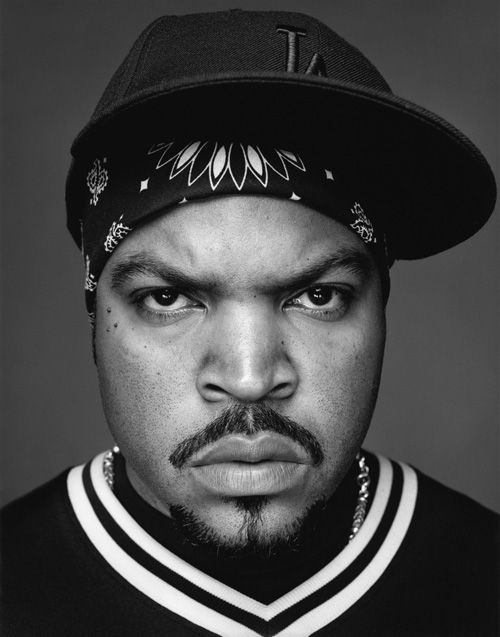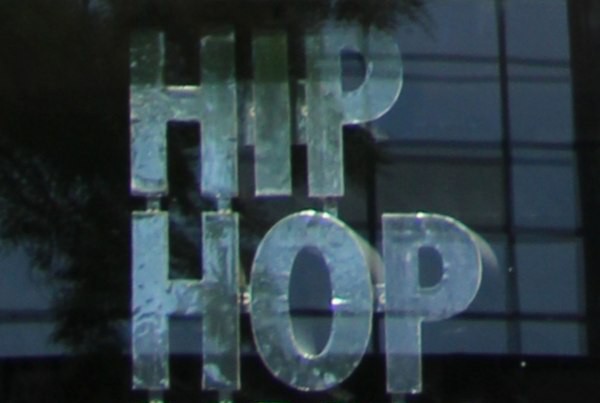Hip hop and police have been involved in a complicated relationship for decades now. The tensions have had some highs and they have had some lows. In order to best capture the relationship in its entirety, the timeline must date back to the beginning.
1965: Watts Riots
The Watts riots took place in the Watts neighborhood of Los Angeles from August 11 to 16,1965. The riots began after Marquette Frye was pulled over for reckless driving. The riots lasted for six days and 34 deaths occurred as a result.
In response to the riots, Budd Schulberg, screenwriter, created the Watts Writers Workshop. The workshop gave blacks in Watts and surrounding areas a platform to have their voices heard. From this workshop came The Watts Prophets. This group consisted of Father Amde Hamilton, Richard Dedeaux and Otis O’Solomon. They produced one of the earliest forms of “rap,” though it scarcely resembles what we know today. The subject matter of The Watts Prophets’ music consisted of commentary of the social issues plaguing the black community during those times.
From these riots, a genre of music was born that would grow to despise the very entity that caused it to form; the police.

1986: NWA Forms
Gangsta rap existed before NWA, but no group had a hold of the world’s attention as firmly as they did at the time. Their music gave outsiders an inside look into the streetlife and the tribulations they had to overcome in order to survive in America.
For a group consisting of seven black men living in Compton during the 80s, police harassment had become a norm for the group. They were very vocal in their interviews about the countless frisks and unnecessary police interactions they were forced to endure. The frustrations from these incidents led to a song that is, to this day, used as a form of protest against police brutality; “F*** Tha Police”. Members say the song was inspired after LAPD forced NWA members to lay on the concrete with guns aimed at their heads. The song consisted of stories of police harassment, illegal searches, police brutality and racism within the LAPD.
A song so blatantly anti-police from a group as big as NWA would certainly not pass without controversy. Shortly after the song’s success, NWA received a letter from the FBI, denouncing the lyrics of the song. The FBI claimed they were worried about public safety as a result of the lyrics of the song.
The history between police and hip hop is long and complicated, meaning it will take more than one post to cover the full history. Tune in next week for Part Two of this series!
-Sojourner Freeman

One thought on “Hip Hop and the Police: A Complicated Relationship pt. 1”
Comments are closed.